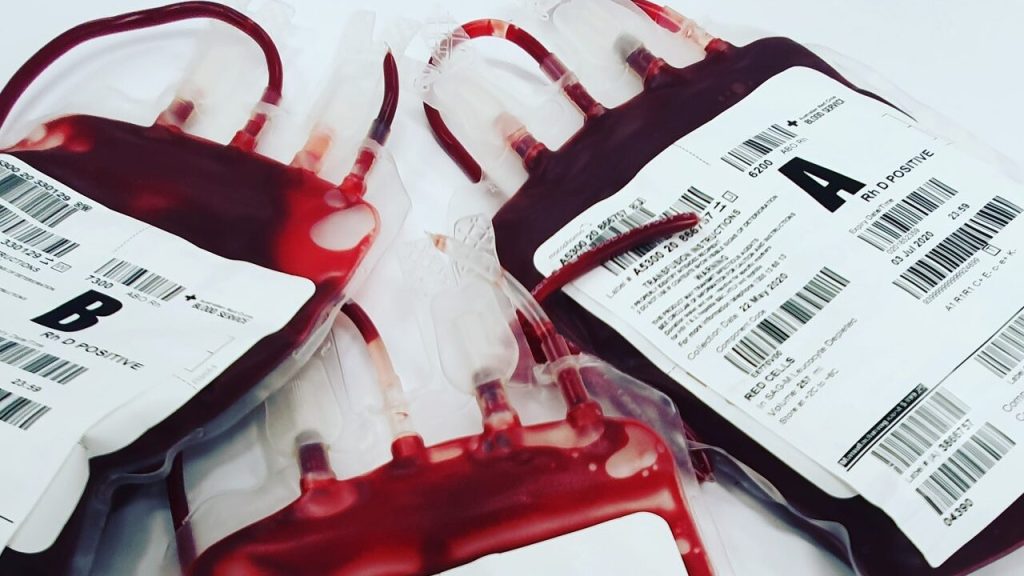Apaxiban Has Lowest Gastrointestinal Bleeding Risk of Common DOACs

A large-scale comparison of direct oral anticoagulants (DOACs), published in Annals of Internal Medicine, one of the two most common direct oral anticoagulants (DOACs), apixaban, has the lowest risk of gastrointestinal bleeding, with similar performance on stroke prevention and other side effects.
DOACs are used to prevent strokes for people with atrial fibrillation, a condition affecting over 33 million people worldwide. They have recently become gained popularity over warfarin, the previous standard treatment, as they do not require as much follow-up monitoring (which was particularly valuable during the COVID pandemic) and have less risk of side-effects.
For the new study, University College London researchers compared the efficacy and risk of side effects for the four most common DOACs. They reviewed data from more than 500 000 new DOAC users in the UK, France, Germany and the US, including 281 320 apixaban users, 61 008 dabigatran users, 12 722 edoxaban users, and 172 176 rivaroxaban users.
They found that all four drugs were comparable on outcomes for ischemic stroke, brain bleeds and all-cause mortality, while they did identify a difference in risk of gastrointestinal bleeding, which is one of the most common and concerning side effects of DOACs.
The study revealed that apixaban stood out as having lower risk of gastrointestinal bleeding, with 19-28% lower risks when compared directly to each of the other three DOACs.
The researchers found that their findings held true when looking at data only from those aged over 80, and those with chronic kidney disease, two groups that are often underrepresented in clinical trials.
Dr Wallis Lau (UCL School of Pharmacy), who jointly led the work along with her colleague Professor Ian Wong, said: “Direct oral anticoagulants have been prescribed with increasing frequency worldwide in recent years, but evidence comparing them directly has been limited. Our results indicate that apixaban may be preferable to other blood thinners because of the lower rate of gastrointestinal bleeding and similar rates of stroke, a finding that we hope will be supported by randomised controlled trials.
“As with all medications, potential risks and benefits can differ between people, so considering the full spectrum of outcomes and side effects will still be necessary for each individual patient.
Source: University College London



